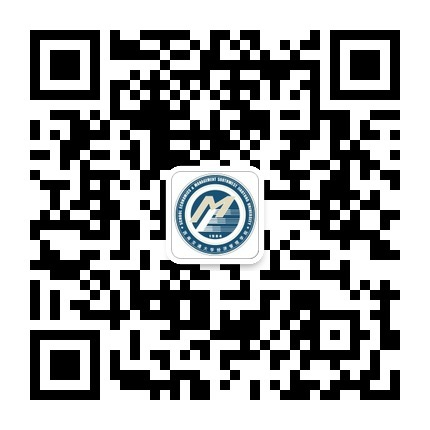time: 10:00-12:00, september 22
conference number: tencent conference 600 817 833
event details:
lecturer: professor li guo

about the lecturer:
li guo, professor and doctoral supervisor of the school of management and economics of beijing institute of technology, has long been engaged in teaching and research in the fields of green supply chain and logistics management, marketing and operation interdisciplinary, and big data-driven decision management. he is the deputy editor-in-chief of international journal of advanced pervasive and ubiquitous computing, standing director of intelligent decision and game branch of chinese society of optimal planning and economic mathematics, director of industrial engineering branch and member of professional committee of economics and management system of chinese society of automation. he is also the member of the editorial review committee of the top journal production and operations management, a special communications expert for the journal of the chinese academy of engineering, internationally renowned journals transportation research part e, annals of operations research, international journal of production research and international journal of logistics research and applications guest editor, long-term reviewer for more than 30 sci/ssci journal sources including production and operations management, decision sciences, iise transactions, european journal of operational research, etc., as the first author or corresponding author in the top/important journals in the professional field. he has published more than 50 papers on operations management, decision sciences, naval research logistics, european journal of operational research, ieee transactions on engineering management, international journal of production economics and ieee transactions on industrial informatics, chinese management science, journal of management engineering, etc. in 2013, he won the outstanding instructor award of the 3rd beijing university bioflow design competition.
about the lecture:
we investigate a manufacturer's information acquisition and subsidization strategies in a supply chain featuring two competing retailers who sell substitutable products and have private demand information. the manufacturer can decide whether to acquire demand information at a cost and further decide whether to offer subsidies simultaneously to retailers to induce their sharing of private demand information. we demonstrate that subsidizing retailers is always in the manufacturer's interest, but direct information acquisition is profitable only if its cost is low. information acquisition helps the manufacturer gain superior demand information and leverages the retailer's information advantage, thereby reducing the expenditure of subsidization. compared with the simultaneous subsidy provision scheme, we further investigate the sequential and partial subsidy schemes and find that the simultaneous and sequential subsidy schemes result in an identical equilibrium outcome that dominates the equilibrium outcome in the partial subsidy scheme when three subsidy provision schemes are all feasible. although the outcomes are the same, we show that the simultaneous subsidy scheme can be applied in a broader range than the sequential subsidy scheme can. otherwise, if complete information sharing cannot be achieved, the partial subsidy scheme may be the optimal choice for the manufacturer.




